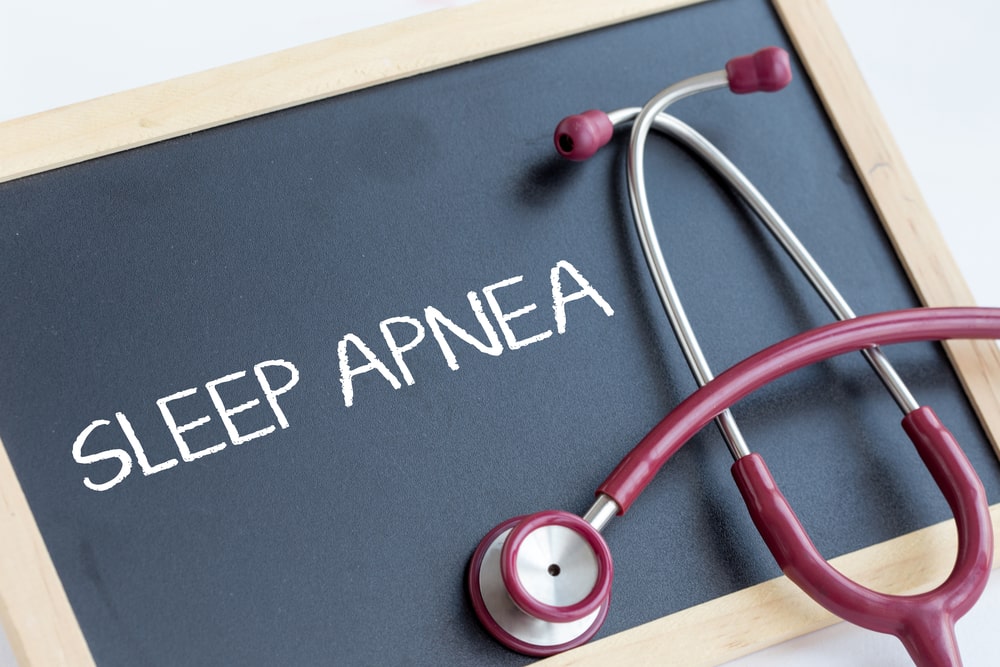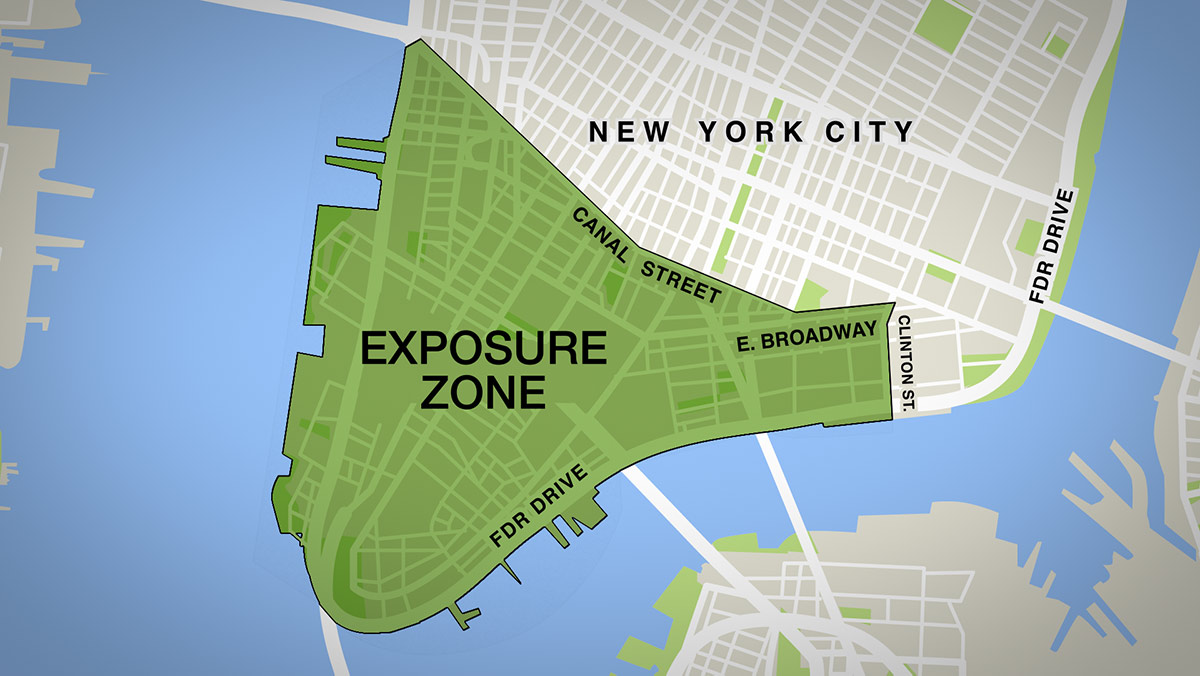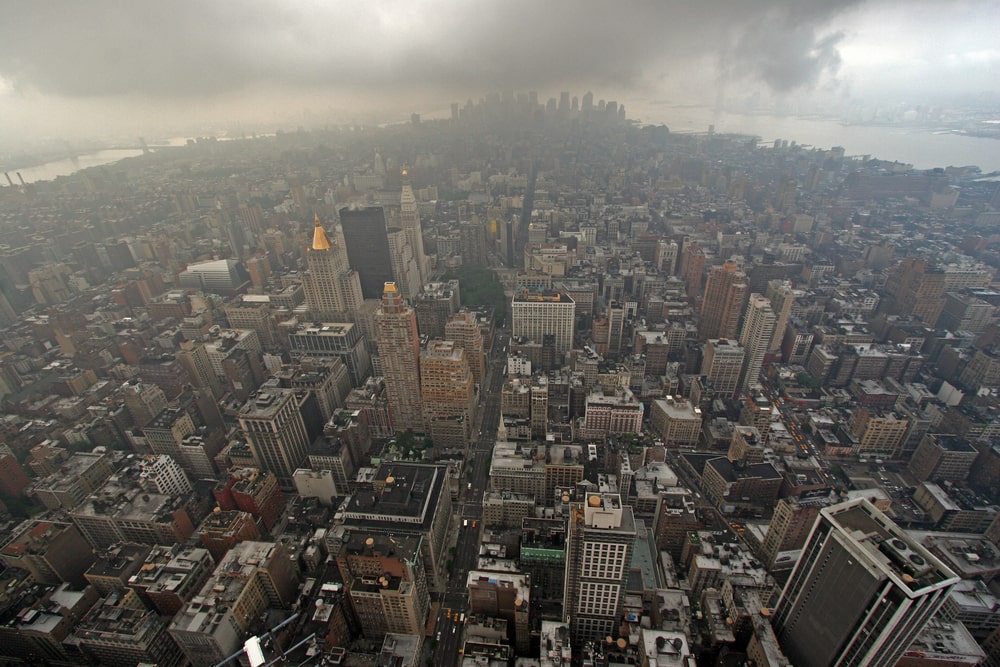
Sleep apnea is a chronic health condition where the airways become blocked during sleep. Sufferers temporarily stop breathing for between 10 and 30 seconds and, as well as sleep disturbance, other symptoms including headaches, irritability, and fatigue can negatively impact daily life.
If untreated, sleep apnea can be a serious condition that can contribute to heart disease, type-2 diabetes, and other disorders.
Many responders and survivors who were exposed to toxic dust in the aftermath of the 9/11 attacks have developed chronic health conditions like sleep apnea. However, changes by the 9/11 Victim’s Compensation Fund (VCF) have tightened the regulations when seeking benefits for the condition.
VCF rule changes for 9/11-related sleep apnea
Claimants to the VCF for 9/11-related sleep apnea previously had to simply submit a “C-PAP compliance report”. This needed to demonstrate consistent usage of a continuous positive airway pressure (C-PAP) machine for at least 30 days.
However, as VCF funds have become stretched and the numbers of people with the most serious health conditions such as cancer and lung conditions increase, the Fund has imposed additional requirements on claimants for non-life-threatening conditions, including sleep apnea.
Since 2018, evidence of six months of continuous C-PAP usage has been required for those claiming non-economic losses for obstructive sleep apnea. A letter from the treating medical professional outlining the impact of the condition on the patient’s daily life is also required.
Scrutiny has also been stepped up for other non-life-threatening 9/11-related conditions, such as GERD, asthma, sinusitis, and other disorders.
In this situation, the assistance of a 9/11 claims attorney can be of great value when victims attempt to claim the compensation, they deserve by gathering evidence to illustrate the extent of their conditions.
Increased incidence of 9/11-related sleep apnea
The tighter standards imposed by the VCF come despite it being well-established that there is a high incidence of obstructive sleep apnea among 9/11 survivors and responders.
The World Trade Center Health Program (WTCHP) has long acknowledged this, certifying almost 15,000 responders and almost 1,500 survivors with the condition to date. The likelihood is that many survivors, who were assured that the air was safe and who returned to the toxic exposure zone in the days, weeks, and months after the attacks, are also suffering from sleep apnea without necessarily connecting it to the toxic dust cloud.
Sleep apnea may be approved for coverage under the WTCHP in two ways:
- If sleep apnea is exacerbated by or related to another covered WTC-related aero-digestive disorder, or
- If sleep apnea is shown to be medically associated with another certified WTC-related health condition, including, or other than, an aero-digestive condition.
The impact on daily life and general health from sleep apnea can be severe and include the following:
- Restlessness and poor sleep patterns
- Increased chance of falling asleep while driving
- General fatigue and the inability to stay awake during the daytime
- The need to use a C-PAP machine when sleeping
- Difficulty concentrating
- Snoring (which impacts partners)
- Dry mouth/sore throat
- High blood pressure
- Diabetes
- Heart problems
- Stroke
- High cholesterol
- Liver disorders
With such serious effects on one’s health and enjoyment of life, victims should be entitled to a range of economic and non-economic losses. The VCF’s tighter standards for sleep apnea claims mean, however, that claiming the rightful compensation has become more challenging for many in recent years.
What is the maximum compensation available for sleep apnea under the VCF?
Under the terms of the Zadroga Act, $90,000 is the highest award available for pain and suffering (non-economic losses) for sufferers of any 9/11-related disorder except cancer.
This maximum amount may only be available for sleep apnea sufferers if each of the following can be demonstrated:
- The claimant’s health condition is severe and significantly affects their daily activities
- The condition requires ongoing CPAP use prescribed by a doctor, and
- CPAP is used by the claimant on an ongoing basis, or there is medical evidence to show that they cannot tolerate its use.
The problem with C-PAP machines and possible alternatives
C-PAP machines are the most common treatment for sleep apnea and are generally considered the most effective and reliable method of preventing the symptoms associated with the disorder.
These devices utilize a tight-fitting mask and blow pressurized air through the user’s airway at a constant pressure to keep the airway from collapsing.
Unfortunately, few sufferers of sleep apnea enjoy the experience of sleeping with C-PAP machines, which can be uncomfortable to wear and difficult to use. The distress caused leads to high rates of non-compliance with medical advice to wear the machines. This is both dangerous to one’s long-term health and unnecessary because alternatives do exist.
Among the main alternatives to C-PAP machines to successfully alleviate symptoms are dental appliances. These are essentially mouthguards that keep the lower jaw in position and maintain airflow through the airways. They are used increasingly if sufferers are unsuited to C-PAP machines, and many find these devices more comfortable and less distressing than C-PAPs.
Surgical intervention, such as tissue removal, tissue shrinkage, nerve stimulation, jaw repositioning or tracheostomy is also possible if other non-surgical methods are unsuccessful.
The main issue for sufferers of 9/11-related sleep apnea is that dental devices and other alternative treatments are generally not covered by the WTCHP.
However, exceptions may be made in some justifiable cases—and a 9/11 attorney can help sufferers make their cases both to the WTCHP for the dental appliance and the VCF for compensation.
How can Weisfuse & Weisfuse help with a sleep apnea claim?
The WTCHP and VCF have been made aware of the treatment challenges facing sufferers of 9/11-related sleep apnea.
With the right assistance, a compelling case can be made both for the right treatment and adequate economic and non-economic losses.
We can help 9/11 survivors and responders with obstructive sleep apnea demonstrate the extent of its impact on their lives and pursue other treatment alternatives besides C-PAP machines if necessary
To discuss your situation and learn more about how we may be able to help you, please call Weisfuse & Weisfuse, LLP at 332-239-2238 or contact us online to schedule a free consultation.






